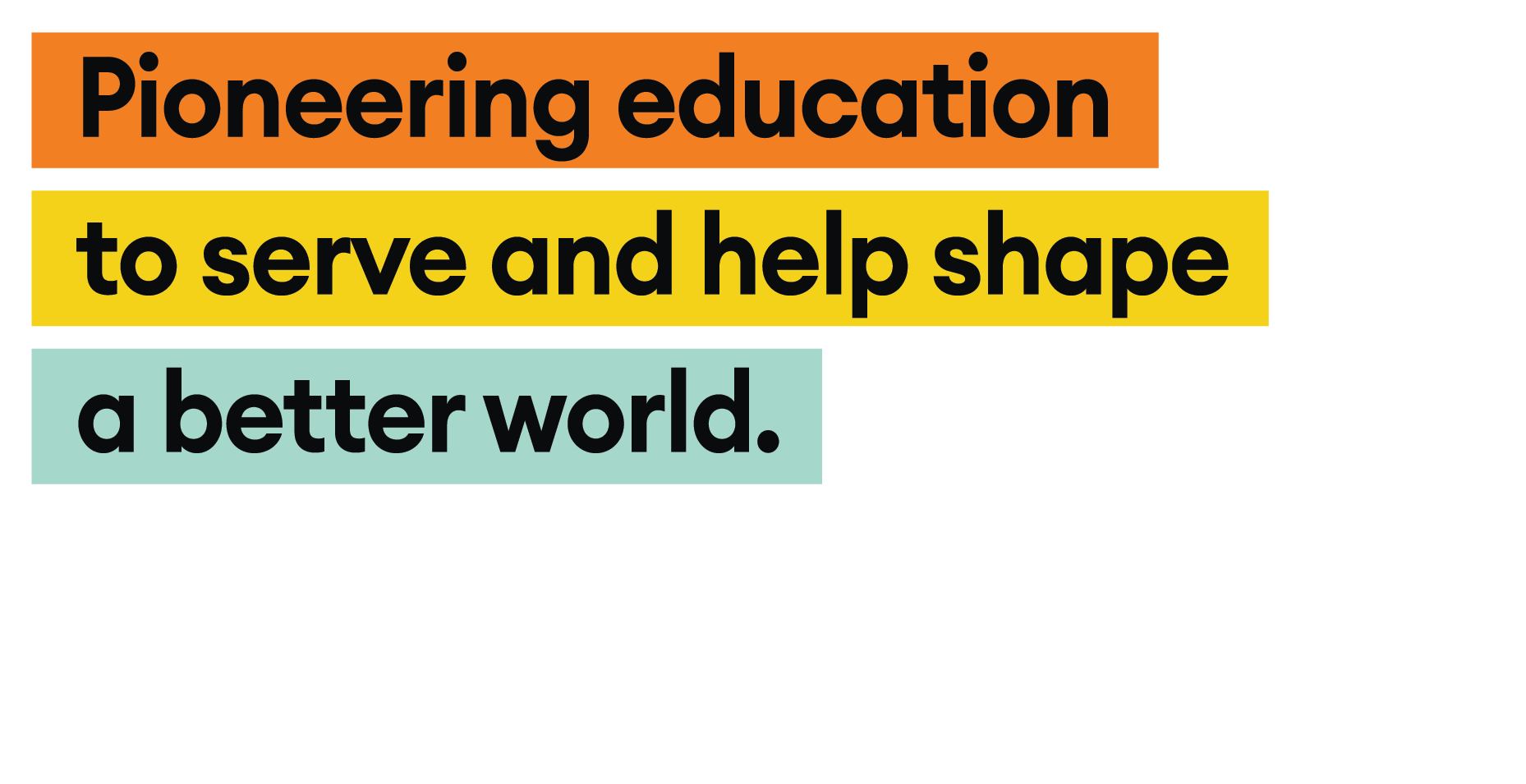How does phonological awareness support English acquisition?
In this Wellington Talk Series, Early Years Educational experts from Wellington College give in-depth knowledge on education. Today, Ms Davina Edwards and Ms Jordan Zhao, Reception teachers at Wellington College Bilingual Nursery, talk about a very important concept called phonological awareness.
Ms Davina Edwards and Ms Jordan Zhao
talk about phonological awareness

Phonological awareness is a child's ability to be able to break up words in a sentence and sounds in words. They will talk about how phonological awareness helps support children's English acquisition. It's a skill that should ideally be mastered before phonics instruction. Such skills are very helpful when the children learn listening, speaking and writing in the future.
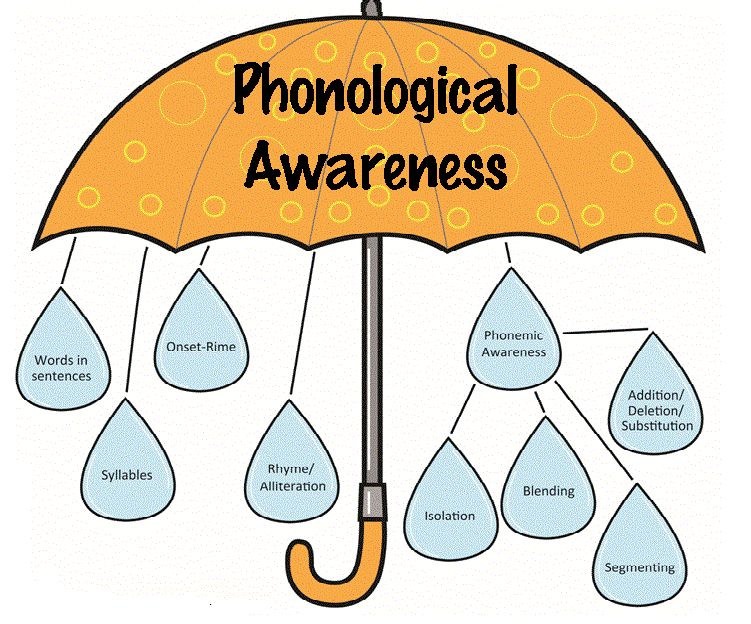
Resource: https://www.pinterest.com/pin/24769866680684626/
One of the first aspects is a child's ability to be able to hear how many words are in a sentence. For this first aspect, in our communication in daily life, we hope that the children can tell how many words are in a sentence.
EXAMPLE
We are going to the shop today
The children should be able to hear that the sentence is broken into 7 words.
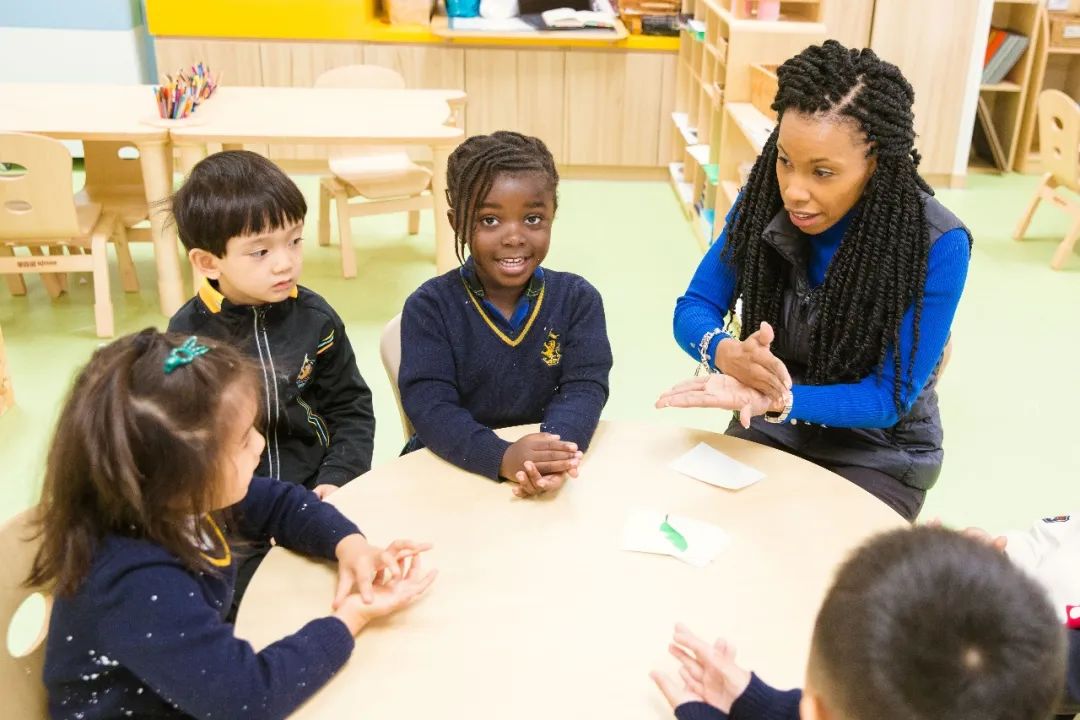
Another skill is alliteration, a child's ability to be able to listen and hear when words sound the same at the beginning. Many children's literature, songs and stories have aspects of alliteration in them. This helps them to develop their English acquisition skills.
EXAMPLE
Smug
Slug
The children should be able to point out that both words sound the same at the beginning.
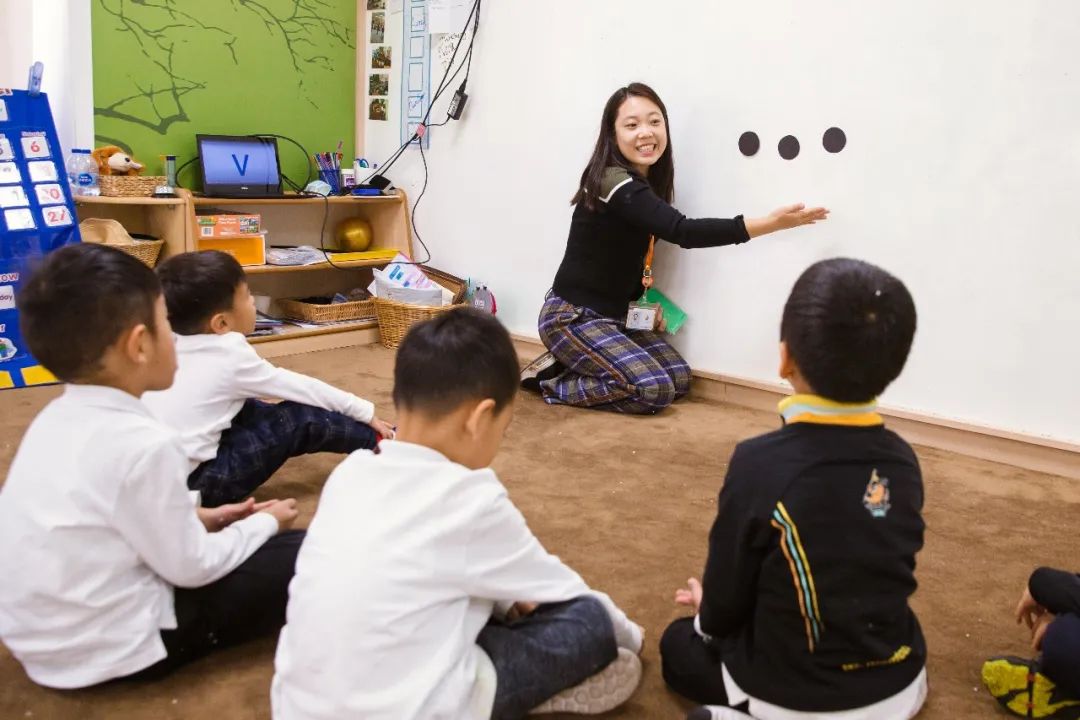
Another very popular skill that is found in many children's books, literature and nursery rhymes, is rhyme. Rhyme is enjoyed all over the world by many different cultures and languages. This means the words that end with the same sound. It's for the child to be able to hear that the ending sounds are the same. The children don’t have to find two words that are spelt the same at the end. It can be the same sound but with a different spelling.
EXAMPLE
Jake likes to bake.
The children should be able to hear the same “-ake” sound in both words.
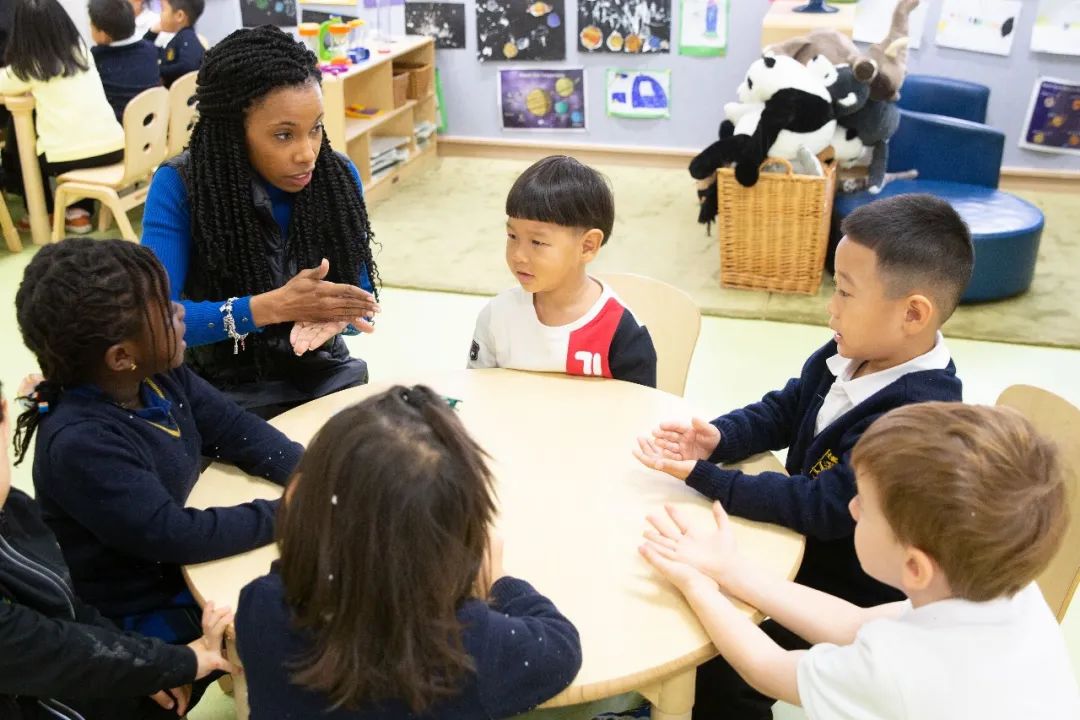
Another skill is onset and rime. “Onset and rime” is the beginning sound in a word and the ending cluster. The children need to hear the beginning and the ending sounds of the word.
EXAMPLE
Rocket
The next skill is syllables. This is when children separate words into their vowel sounds. We will also introduce this skill to let the children figure out the phonemes and syllables in a word.
EXAMPLE
Astronaut
The children should be able to tell there are three syllables.
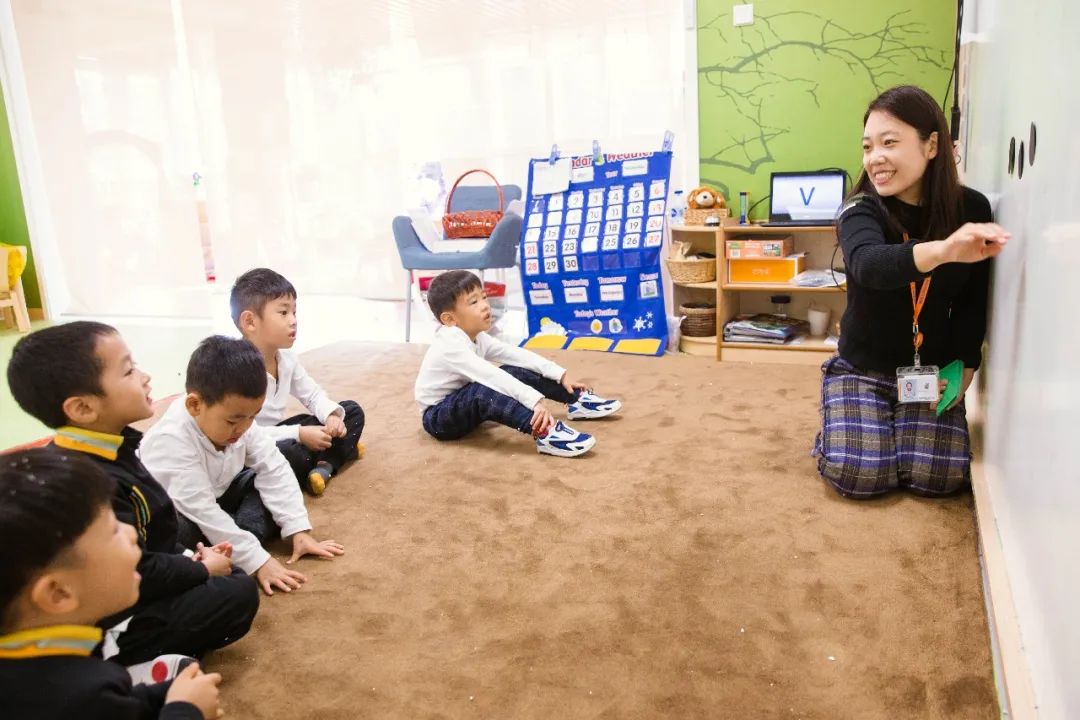
More complex skills of phonemic awareness, also under the umbrella of phonological awareness, are phoneme isolation and blending and segmenting. Phoneme isolation is the ability to be able to hear the sound at the beginning, middle or end of a word. But before they do this in books, it has to be done orally. They'll be able to hear from spoken words and practise that skill.
EXAMPLE
MOP
The middle sound in the word “mop” is “o”. The children should be able to hear the sound at the beginning, middle or end.
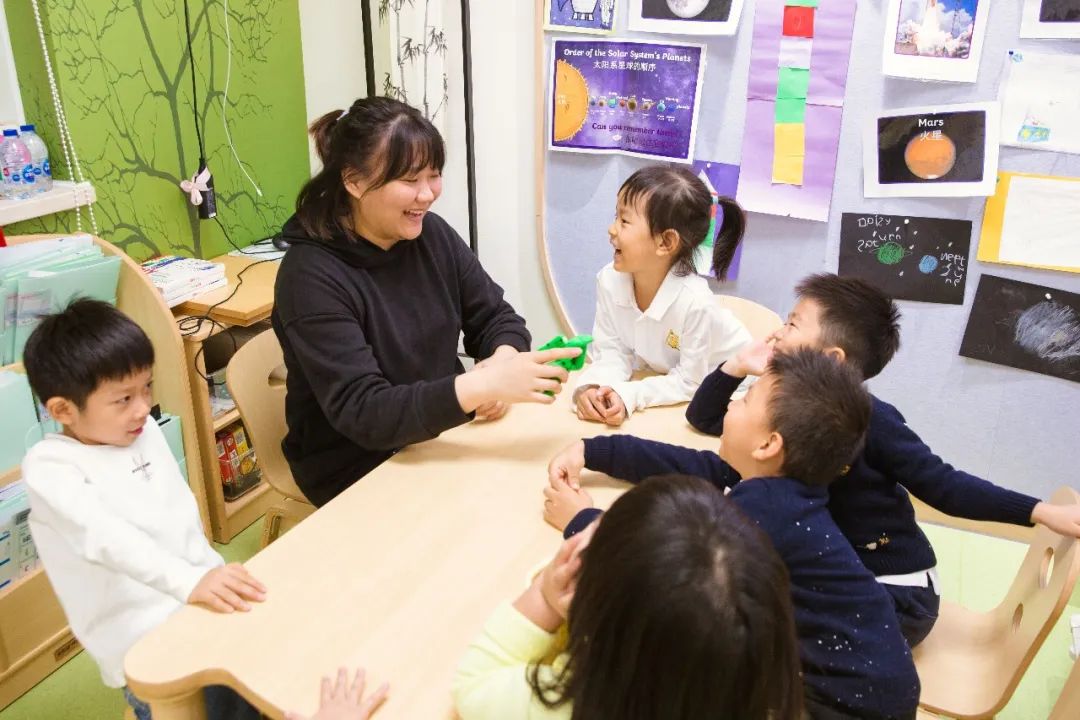
The children will be able to hear those words in their daily communications and learn to use the words as well. These skills are a really important prerequisite to phonics. They practise playing with words, hearing them, singing songs, nursery rhymes, being exposed to poetry and many, many word games. When they are ready to write, they are able to do so more independently and read more independently. We hope that in the future, parents let the children listen to more English songs and play English games. Phonological Awareness can support them for better conversations and dialogues in English.
Related Articles








 Channel
Channel 
 Linkedin
Linkedin  Weibo
Weibo  Facebook
Facebook  Ins
Ins 







